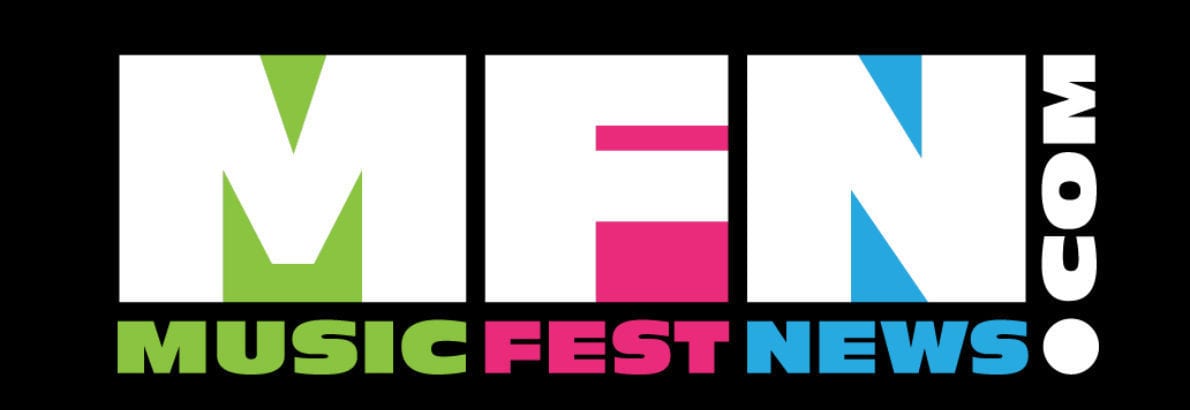
Who Doesn’t Like a Good Bubble?
As many of you may have seen (and hopefully heard), I have recently added “Podcaster” to my About The Writer section at the end of articles. Even more recently, I sat down with our director of marketing & strategic partnerships, Mandi Nulph, and we recorded an episode of that podcast discussing the state of the festival economy and the true “business” that lies behind all the fun. The aim of this article is to go over some of our discussions and conclusions as well as to provide some context and reference for some of the things we were saying. I would love it if you checked out the audio that goes along with it over on Spotify and iTunes!

First of, lets come to a common understanding of what is meant by “bubble.” According to Peter Kugis of Stanford, “A bubble is where investors buy an asset, not for its fundamental value, but because they plan to resell, at a higher price, to the next investor.” Mandi and I spent a lot of time trying to define this bubble and what could create one, and I feel as though we ultimately landed on marketing as our answer. Marketing, though maybe not something you think about at 2 AM while singing along with your favorite band, is the grease that keeps festivals going for the long haul. By selling brands space to market to attendees, festivals are enabled and empowered to earn a greater profit margin. These earnings in turn allow them to invest and plan for more than just the following year but to truly develop their festivals into something more.

I think this distinction is what differentiates the festivals that are in a bubble and those that are not. Smart festivals, those that seem to grow each year, have been around for more than a decade, and keep adding new features and entertainment year after year, are the ones that got the marketing correctly. This pertains to both the marketing of the festival itself as well as the brands and styles of marketing they allow in to their festivals. Mandi and I agreed that the best tactic for this combines value to the brand and an un-intrusive or even enhanced experience to the attendee in the form of guerrilla marketing. The goal of this marketing is that you do not even realize you are being marketed to. This can take on many forms; an example given in the show was my favorite, which was seeing a CRATE of Red Bull being dropped into the camping area of a festival I attended. There was nobody there telling me about Red Bull, trying to sell me any, or anything else, just a tired me enjoying a backpack filled to the brim with energy drinks. The reason this is amazing marketing is because it never detracted from my experience at the festival and actually enhanced that day. It was a win for Red Bull because I definitely felt more positively about their brand after that and spent the whole day talking about how cool that was, and I’m still talking about it now!
Mandi’s favorite bit of marketing she had seen at a festival was equally magical and awe-inspiring. In hers she was at a show, and suddenly, raining down from above, from seemingly nowhere, were tons of glowing lights! As they floated down and the entire crowd was mesmerized, it soon became apparent that it was in fact not a drug-induced hallucination but tons of reusable helicopters you could shoot into the air with 5 Gum‘s branding on them. Again, an amazing moment that did not detract from the experience but instead enhanced it.
So now we have talked about the festivals that do it well, using covert tactics and special ops psych selling you things, what about the ones that do it wrong? This “wrong” can look many different ways. The long-story-short of it all, however, is that festivals that do not plan for using marketing appropriately — by either overdoing it or underdoing — it are the ones that do fall in to a “bubble,” meaning that they are going to get big and then burn out quickly either because they did not embrace proper growth planning and let too few things in or because they dumped all the marketting they could at you and 90% of your field of vision while at their event was something trying to sell you on a product — and not in a classy way.

So, for those speculating on a festival bubble pop, rest assured that some festivals are planning accordingly, and we do not think that the cultural phenomenon that is music festivals are going anywhere any time soon. I mean, come on, they have sparked their own subculture unto themselves, and for the most part those things do not fade out quickly. Some festivals will fall, as we saw with numerous cancellations and announcements of hiatus in 2018, and some will be swallowed up and ended as a means of eliminating competition by the larger corporations in the game, but festivals as a whole are not going anywhere, at least not this generation!
 About the writer:
About the writer:
Zach Sanders is a husband, social worker, photojournalist, wannabe podcaster, and music festival addict. Since his first Bonnaroo in 2014, he has been on a journey of self-discovery, hitting every festival he can along the way, and finding a way to integrate his love for them into every aspect of his life. He’s definitely that guy at the party talking your ear off about his next or most recent festival, as well as name dropping 40 bands you have never heard of as though he knows each member personally. Follow him on Instagram at @the_fest_life, or check out his podcast on Spotify at The Fest Life Podcast!
